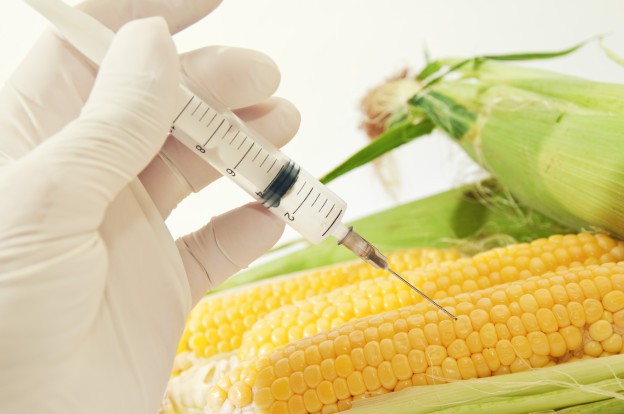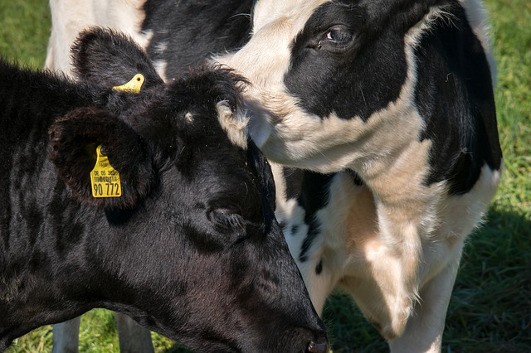It hit me like a bolt after learning about the laissez-faire policy of The Food and Drug Administration (FDA) which allows food companies to use genetically modified organisms (GMOs) without labelling them as such. Although there is no clear evidence whether food containing GMOs is really health-damaging, consumers should have at least the right to know what they are really eating.
“If you ever wondered about whether your food contains genetically modified organisms (GMOs), don’t bother looking on food labels. The Food and Drug Administration (FDA) doesn’t make food companies put that information on packaging.
But along with the drifting pollen of spring, there’s change in the air.
GMOs are making headlines again. Vermont is the first State to pass a law requiring the labeling of GMOs. Proponents of the bill hail it as a victory for the “Right to Know” movement, which seeks to keep consumers informed about the presence of GMOs in the food supply.
It’s clear the GMO battle is far from over. Last week, the California Senate voted down a bill requiring GMOs to be labeled. And big corporations like Monsanto are lobbying to stifle GMO labeling.
Science Factions
Science fiction writers have long been captivated with the idea of genetic engineering. And many futuristic tales show how nature humbles incautious scientists.
In today’s reality, an eerily similar scene seems to be playing out in the agricultural biotech industry.
Over the past 20 years, Big Ag bioengineers have been tinkering with DNA, the fundamental code of existence. Will this chapter of human history conclude in a cautionary tale resembling an old sci-fi thriller? With the limited information we have about GMOs, it’s hard to say. But many signs point to the fact that, indeed, unintended effects will overwhelm the technology.
Fortunately, there are simple solutions to help protect you and your family from potential GMO dangers that are becoming evident.
Defining GMOs
A GMO is a plant or animal that has had its DNA altered though genetic engineering. Most often, genes are inserted from other organisms to “improve” the GMO. They are supposed to make the organism grow faster or bigger, produce its own pesticides, survive herbicides or acquire added resistant to drought. At present, you’d be hard-pressed to avoid GMOs in your food. About 70 percent of the items in most grocery stores possess bioengineered ingredients.
The agriculture industry points to how successful GMO corn, soybeans, cotton and other crops have been, increasing yields and resisting pests. However, they rarely address the research that calls these claims into question. Scientists at both the FDA and the American Academy of Environmental Medicine have raised concerns. Animal studies link GMO foods to tumors, reduced fertility, lowered immunity, organ damage, accelerated aging and other ill effects. There may also be a link between the growth of GMO food consumption and a dramatic increase in allergies, especially soy allergies.
Furthermore, many GMO foods are designed to resist high levels of toxic herbicides like Monsanto’s Roundup®. Industry experts insist that such chemicals don’t pose health hazards, But independent research has found otherwise, linking the chemical glyphosate in Roundup to birth defects, cancer and other serious consequences. We are also finding that these chemicals do not biodegrade, as promised. Instead, they persist in the environment, in the food chain and in our bodies.
In addition, on a sustainability level, GMO crops tend to destroy the diversity of ecosystems. While nature evolved many types of wheat and soybeans, GMO manufacturers have whittled them down to just a handful of altered organisms with little concern for their larger ecological impact. What’s worse, these varieties are contaminating the surrounding environment with possibly irreversible consequences.”
To read the rest of the article, check it out on the original source over at Better Health Publishing.








This is an interesting article concerning GMO’s in our food and how we can better understand the negative consequences on our health and environment, and what we can do to stay as GMO-Free as possible. Thank you!
You’re more than welcome! I am glad you found it helpful 🙂